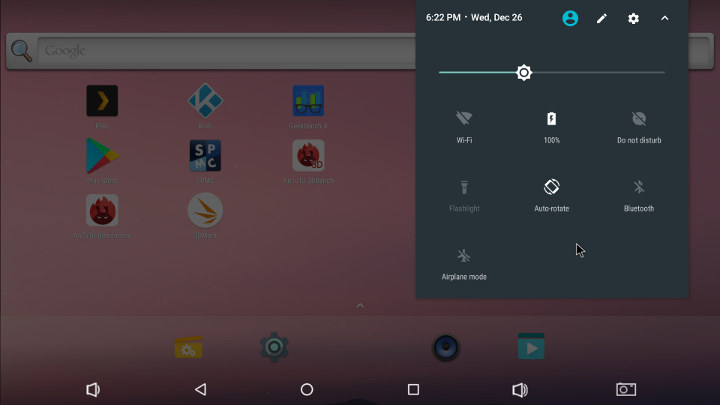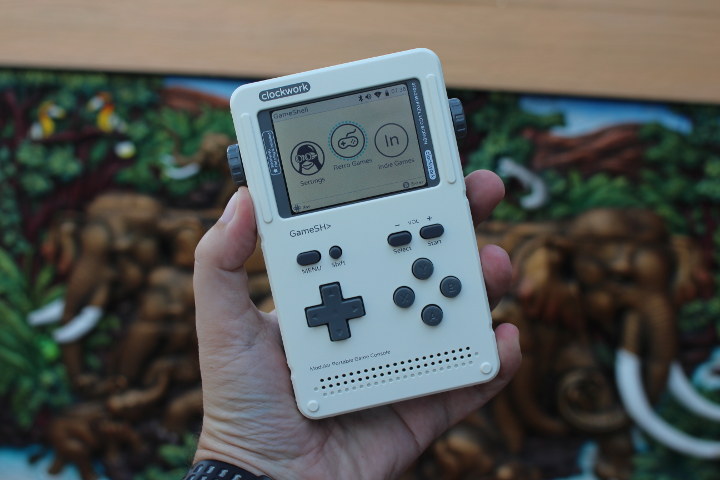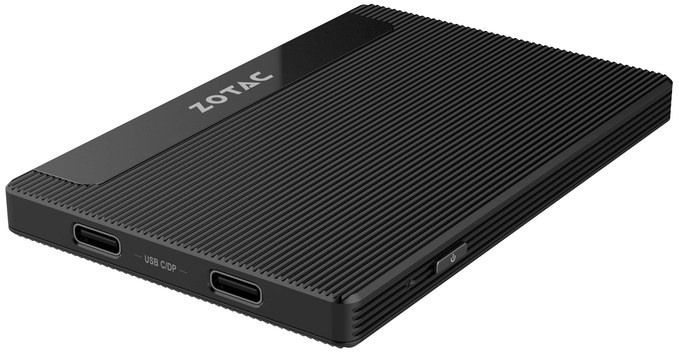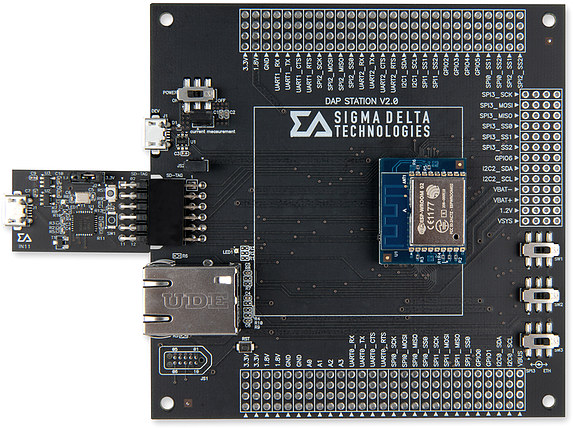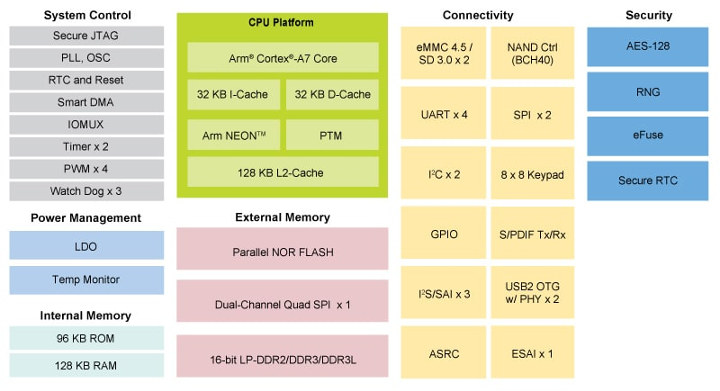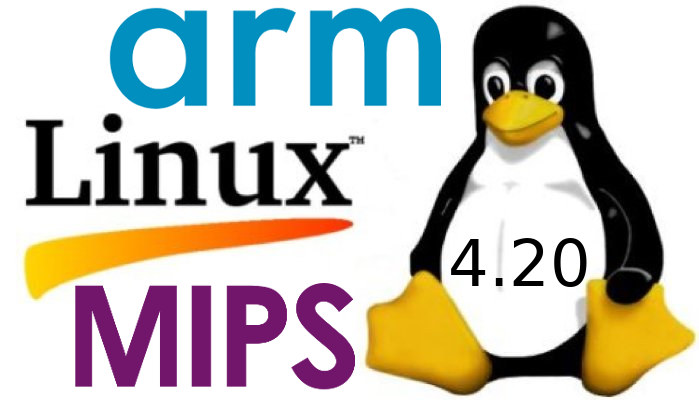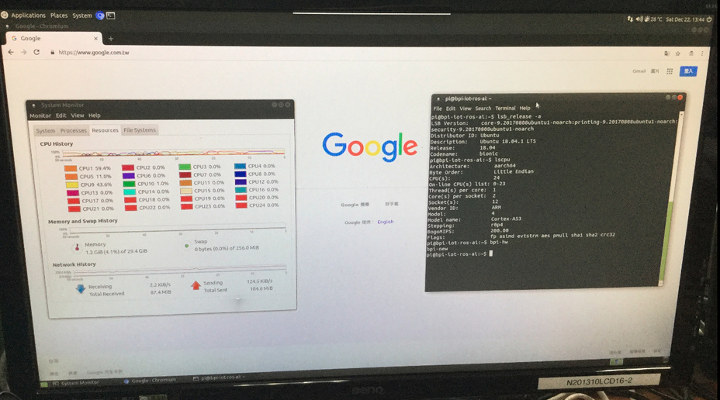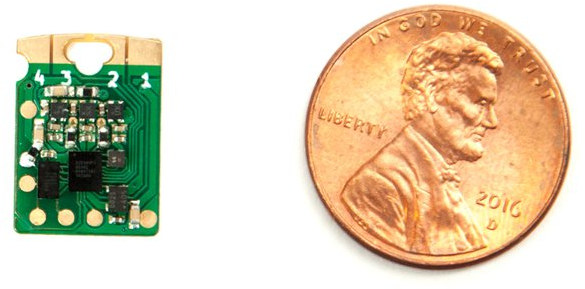Hey Karl here with a look at a preview of Android on the Khadas edge. Jean-luc has done 2 parts already. The first one looking at the hardware side, and a second looking at Ubuntu. A third img is available that for LibreELEC. The initial release was very barebones, and the 2nd version is much more polished with the Play Store installed now and overall feels snappier. Khadas is supposed to be sending an Edge over to Super Celeron, and I hope they follow through. DHL DHL really messed up my board. Here are some pics. I will only be testing with Ethernet because the WiFi antenna got damaged badly and even bent the heatsink. I think the board is slightly damaged as well. I can only flash using the buttons on the board and not the carrier board. Everything else seems OK. Due to the damage, I am using […]
ClockworkPi GameShell Review – Part 1: Unboxing & Assembly Guide
ClockworkPi Gameshell is a portable retro gaming console kit designed to be hackable being powered by Allwinner R16 processor to run Linux, as well as an Arduino compatible Atmel AVR MCU. It’s partially open source hardware with PDF schematics, and firmware source code available on Github. The device launched last year on Kickstarter, raised close to $300,000, and started shipping to backers last summer. The company has now sent me a sample for review, so let’s have a look. The first part of the review will be more than just an unboxing, since the game console is meant to be assembled by the end user, and I’ll report my experience doing so. ClockworkPi Gameshell Unboxing The kit comes in a fairly large package that reads “GameShell – Redefine Portable Game Console” and lists the main specifications with quad core Cortex A7 processor, WiFi and Bluetooth connectivity, 1GB RAM, 16GB micro […]
ZOTAC PI225-GK Ultrathin Mini PC Gets a Gemini Lake Upgrade for $230
Zotac PI225 mini PC was launched last year with an Intel Celeron N3350 dual core “Apollo Lake” processors, and its main feature was its form factor, as the computer is about the size and thickness of a standard 2.5″ SSD. Linuxium reviewed Zotac ultrathin mini PC with both Windows 10 and Ubuntu, and found out Turbo mode was disabled by default in BIOS in order to keep temperature in check. So the form factor did cost some performance to the system compared to similar specced but thicker computers. The company showcased the similar Pi226 mini PC at CES 2018 last January with a faster Celeron N4000 dual core Gemini Lake processor, and finally it’s now available as Pico Pi225-GK (ZBOX-PI225-GK-W2B) on Tiger Direct and some other resellers for about $230 plus shipping. Pico Pi225-GK specifications: SoC – Intel Celeron N4000 dual core “Gemini Lake” processor @ 1.1 / 2.6 GHz […]
SDTxArm Pelion Kit is a Modular IoT Devkit Designed for Arm Mbed Cloud Platform
South Korea based Sigma Delta Technologies’ SDTxArm Pelion Kit is a modular development kit comprised of a baseboard, as well as CPU and interface modules that is specifically designed to work with Arm Pelion cloud based device management service and Mbed OS for wearables and IoT applications. DAP (Debug Access Port) Station Ver.2 baseboard key features and specifications: USB – 1x micro USB 2.0 port Expansion I/Os via rows of through-holes 3x UART Interfaces 4x SPI Interfaces 3x I²C Interfaces 7x GPIO 4x analog inputs Debugging / Programming 1x TC2050 tag connection designed to allow programming without purchasing additional Interface if the user already has an appropriate Interface Module from other companies. I assume this is related to Tag Connect TC2050-IDC. 1x SD-TAG with JTAG/SWD signals Power Supply – 5V via micro USB port The DAP station takes an SDT Board (i.e. CPU board), as well as an interface board […]
NXP i.MX 6ULZ Cost Efficient Processor Drops Ethernet, Display, & Camera Interfaces
Freescale i.MX 6 processor was first announced in January 2011, and in the first few years I covered many products and development boards based on the single to quad core Cortex A9 processor. Further down the road, the company became part of NXP, and launched Cortex A7 variant such as i.MX 6ULL providing both lower costs and power consumption. But now, I usually skip new products based on i.MX6 because they are often just more of the same, and not really new worthy. But yesterday while writing about Linux 4.20 release, I realized I missed the announcement of i.MX 6ULZ processor similar to i.MX 6UL (UltraLight), but cost optimized for applications that do not require Ethernet, display, nor camera interfaces. NXP i.MX 6ULZ key features and specifications with differences with i.MX 6UL highlighted in bold or stricken-through: CPU – ARM Cortex A7 core @ up to 900 MHz with 128KB […]
Linux 4.20 Release – Main Changes, Arm and MIPS Architectures
After Greg K-H handling Linux 4.19 release, Linus Torvalds is back at the helm, and released Linux 4.20 just before Christmas: Let’s face it, last week wasn’t quite as quiet as I would have hoped for, but there really doesn’t seem to be any point to delay 4.20 because everybody is already taking a break. And it’s not like there are any known issues, it’s just that the shortlog below is a bit longer than I would have wished for. Nothing screams “oh, that’s scary”, though. And as part of the “everybody is already taking a break”, I can happily report that I already have quite a few early pull requests in my inbox. I encouraged people to get it over and done with, so that people can just relax over the year-end holidays. In fact, I probably won’t start pulling for a couple of days, but otherwise let’s just […]
Banana Pi to Launch a 24-Core Arm Server
SinoVoIP has been offering Banana Pi single board computers for several years. Their boards are generally based on Arm processors, offered at a relatively decent price, although not as quite as good value as FriendlyELEC and Orange Pi ones. The company is also known for providing subpar documentation and firmware images, but a fairly active community still formed around their boards 🙂 The company has now demonstrated something a little different with a 24-core Arm server that should eventually be sold as a Banana Pi server board or actual server, as the full details are yet to be known. We did not get a glimpse at the actual hardware, but the blurry photo above gives some clues. We have 24-core Arm Cortex A53 processor with 32GB RAM (29.4GB seen by the OS) running Ubuntu 18.04.1 LTS with MATE desktop. There aren’t that many 24-core Arm Cortex A53 processors, so unless […]
Fomu FPGA board fits inside a USB port, Supports Python, RISC-V Softcore
Sutajio Ko-usagi launched Tomu, a tiny open source hardware USB board that fits inside a USB port at the very beginning of this year. The company is back with a similarly shaped board, but instead of featuring a Silicon Labs EFM32 Arm Cortex-M0+ microcontroller, Fomu is equipped with a Lattice ICE40 UltraPlus FPGA. Fomu specifications: FPGA – Lattice ICE40UP5K FPGA with 5280 logic cells System Memory – 128 kB RAM for a soft CPU Storage – 1 or 2 MB SPI flash Clock – 48 MHz crystal oscillator USB – 1x USB 2.0 FS (12 Mbps) port Misc – 4x buttons, 1x RGB LED The default Fomu firmware exposes a USB bootloader running a RISC-V softcore, and the platform is powerful enough to run a port of Python. It’s also possible to experiment with LM32 and OpenRISC softcores on the platform. Using the board is pretty straightforward as just you […]


